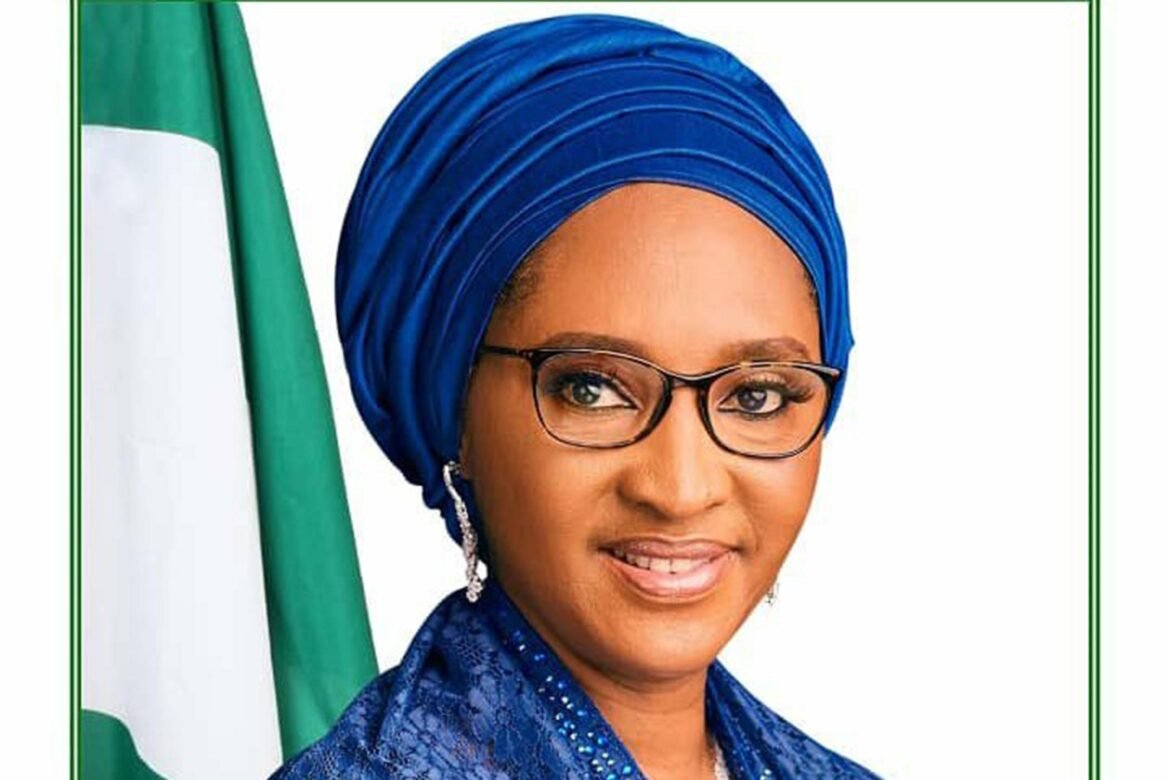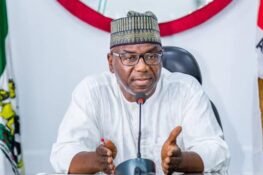The Federal Government on Thursday said the $1.5bn World Bank stimulus package secured for the states as part of measures to cushion the effects of COVID-19, would get to them by September.
The Minister of Finance, Budget and National Planning, Mrs. Zainab Ahmed, who spoke to journalists, said the states would receive between N150bn and N200bn.
She stated that the World Bank, which had said that the impact of COVID-19, could push the economy into another recession, had earlier rolled out a N500bn support to the Nigerian government to help in stablising the economy.
The minister stated, “The World Bank package has also got a proposal of $1.5bn for the states and this package will be dedicated to the states. And it will be a programme for results which the states are already used to implementing.
“So, the immediate fiscal relief for the states will include the acceleration of an existing programme to enable disbursement by end of September. So, the proposed $1.5bn plan would have been disbursed to the states by the end of September.
“We are looking at an average of between N150bn to N200bn, based on the plan to the 36 states. These are states that have already made some particular commitments and achievements so that they will be able to get immediate disbursements of parts of these funds.”
On the impact of COVID-19 on the economy, Ahmed said that the crash in the price of crude oil had already recorded losses in accruable revenue into the Federation Account.
She explained that net oil and gas revenue fell to N940.91bn in the first quarter of this year.
“This represented a shortfall of N125. 52bn or 31per cent of the amount that was supposed to have been realised by the end of that first quarter”, the minister added.
Ahmed added, “Forty per cent of the population in Nigeria today, are classified as poor. The crisis (COVID-19) will only multiply this misery. The economic growth in Nigeria, that is the GDP, could in the worst case scenario, contract by as much as –8.94 per cent in 2020. But, in the best case, which is the case we are working on, it could be a contraction of –4.4 per cent, if there is no fiscal stimulus.
“But, with the fiscal stimulus plan that we are working on, this contraction can be mitigated and we might end up with a negative –0.59 per cent.”
On the health implications, Ahmed said facilities to take care of infected persons were in short supply and expensive to procure and that there were fears that total cases might climb to 300,000 in the months ahead.
The minister said that this was the reason President Buhari set up the Presidential Economic Sustainability Committee, the Presidential Task Force on COVID-19 (PTF) and the Crisis Management Committee to work together to find ways to mitigate the impact of COVID-19 on Nigeria, going forward.







